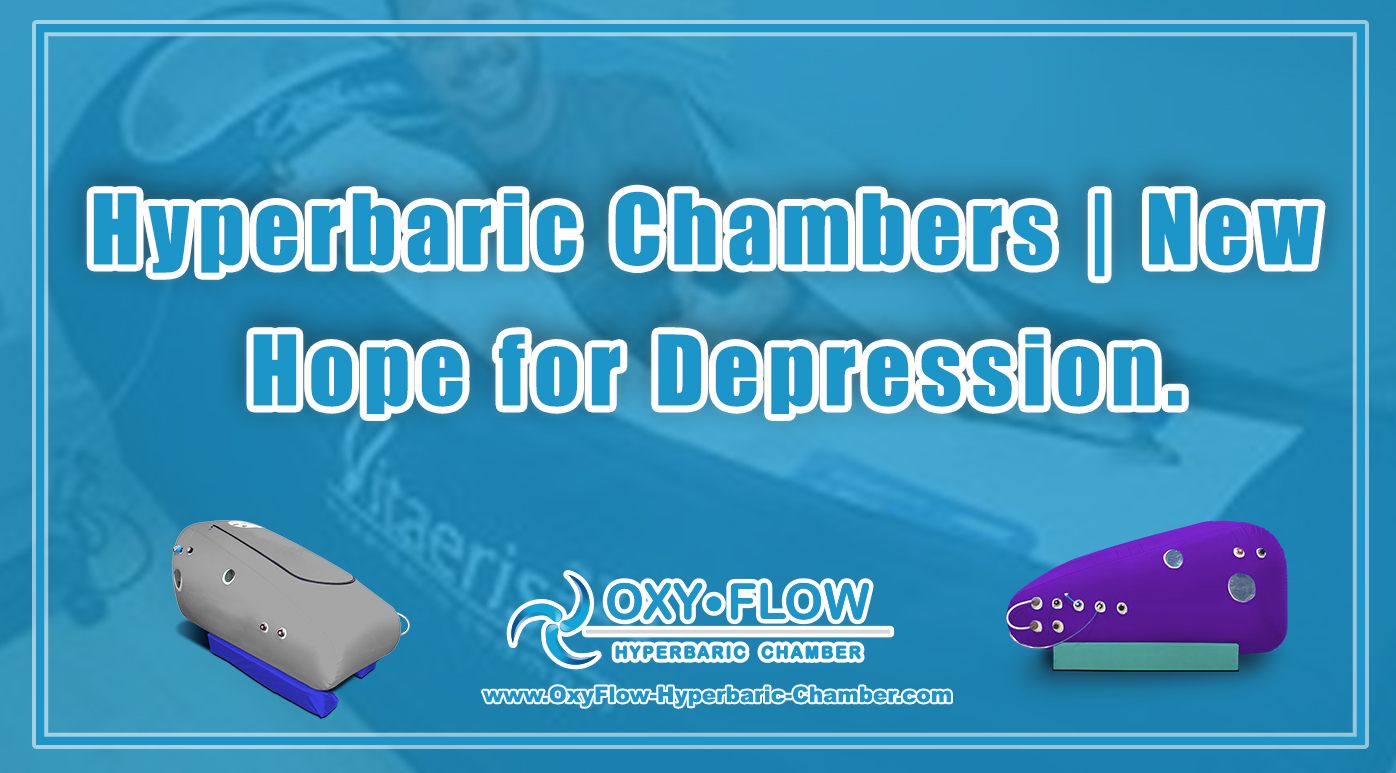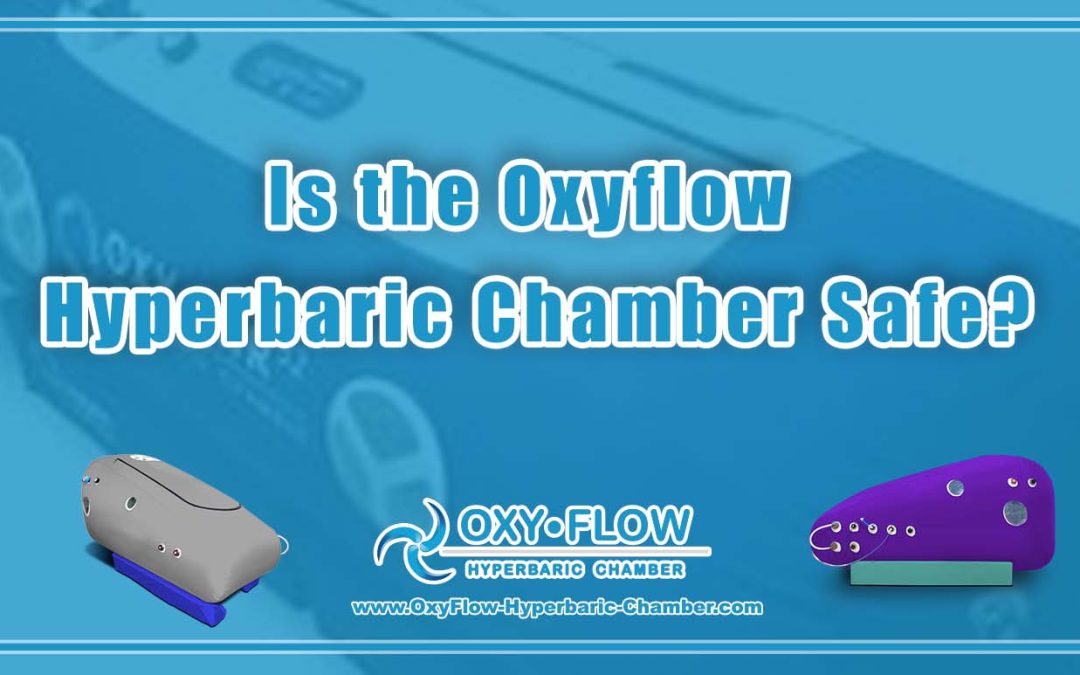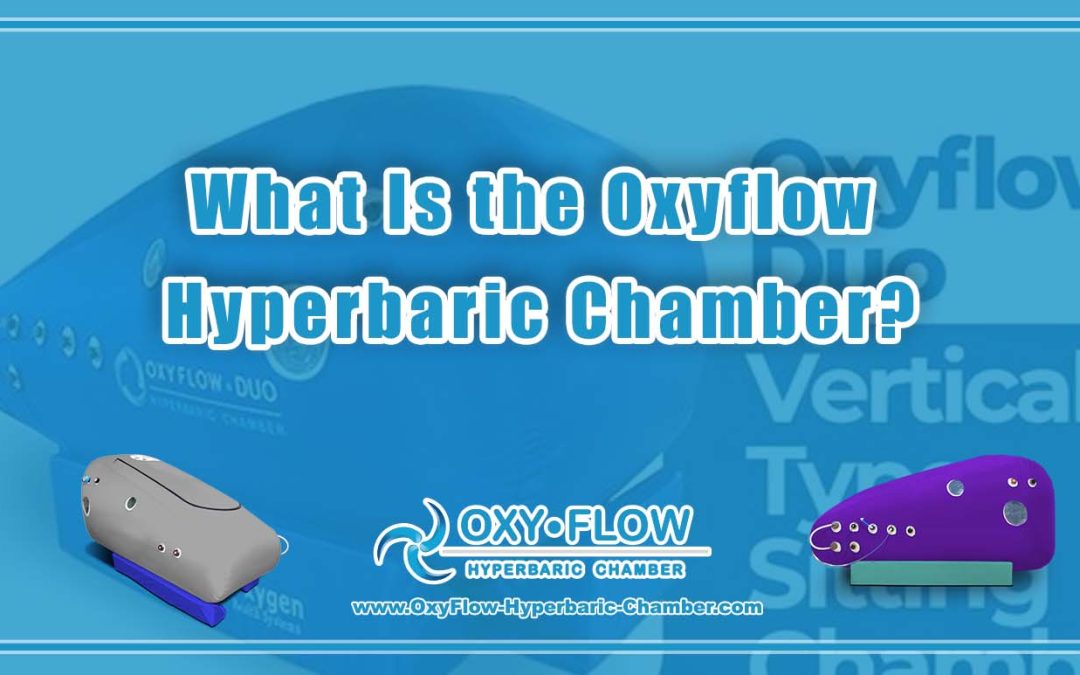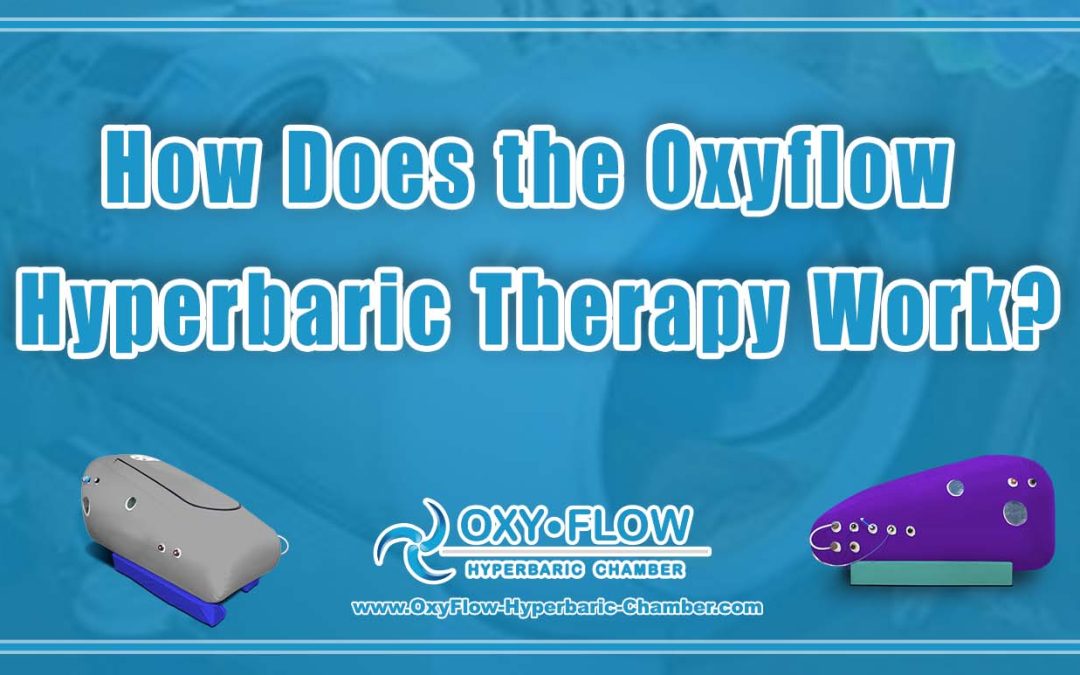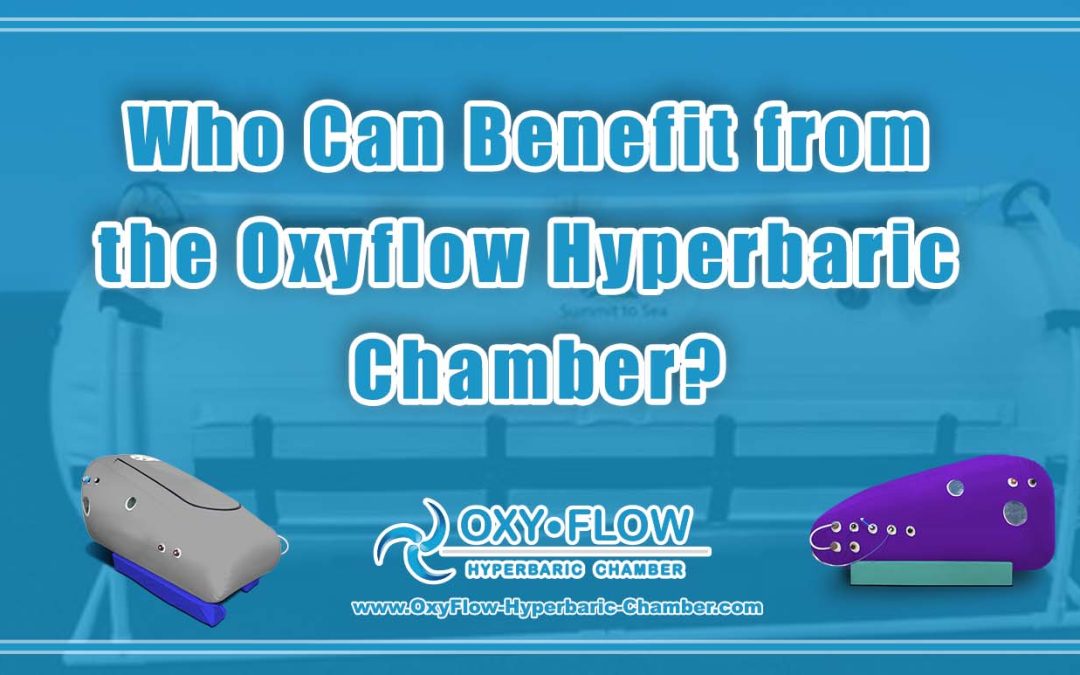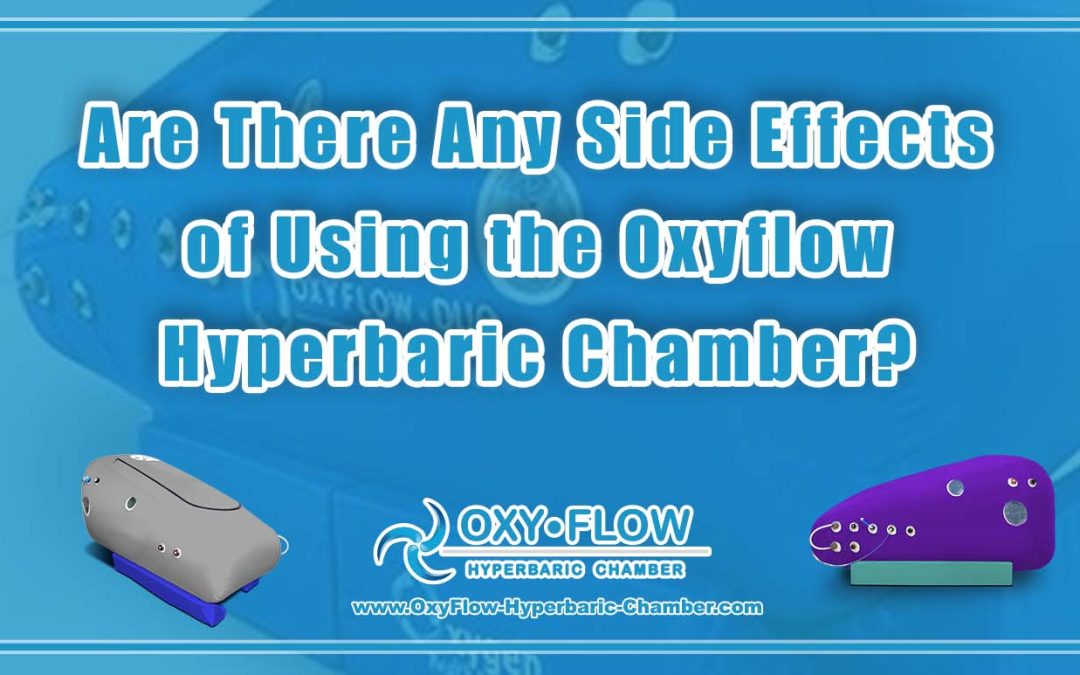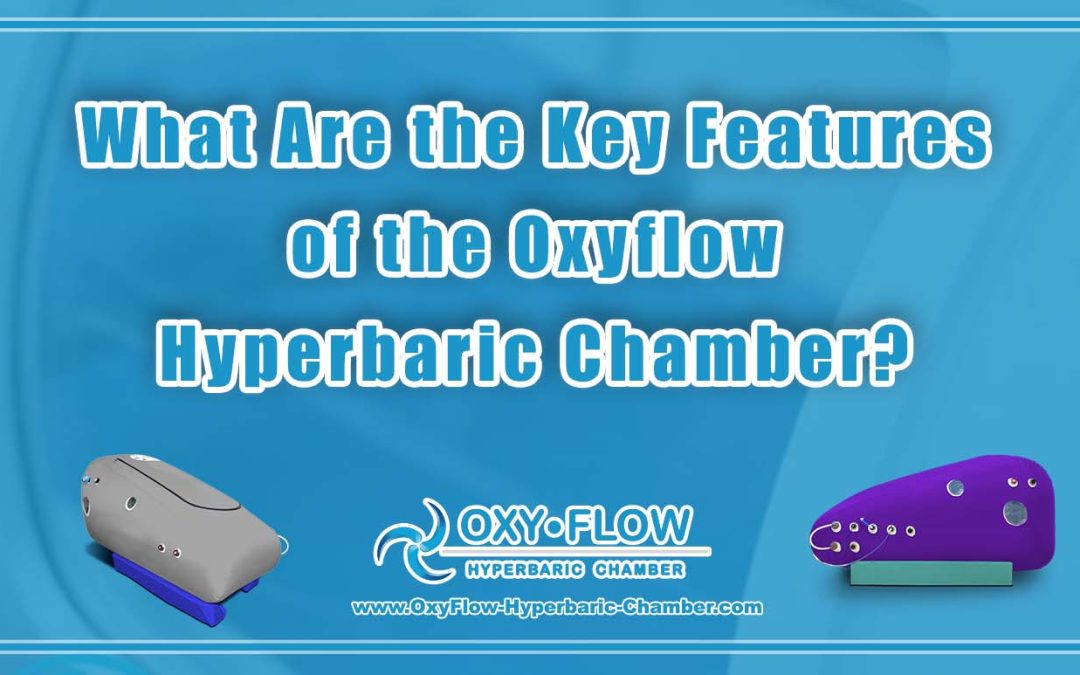Depression affects millions of people worldwide, impacting their quality of life and sometimes leading to severe consequences. While traditional treatments like therapy and medication are often effective, some individuals continue to struggle with finding relief. In recent years, hyperbaric chambers have emerged as a promising alternative therapy for depression, offering new hope for those seeking additional solutions.
Understanding Depression.
Before delving into the benefits of hyperbaric chambers for treating depression, it’s essential to understand the nature of this mental health condition. Depression is a common but serious mood disorder that can negatively affect how a person thinks, feels, and handles daily activities. Symptoms of depression can vary widely and may include persistent sadness, fatigue, changes in appetite, and difficulty concentrating.
For many individuals, depression can be debilitating, making it challenging to function normally and engage in everyday activities. Traditional treatments for depression typically include therapy, medication, or a combination of both. While these approaches are effective for many, some people may experience limited relief or adverse side effects from conventional treatments.
The Rise of Hyperbaric Chambers.
Hyperbaric oxygen therapy (HBOT) involves breathing pure oxygen in a pressurized room or chamber, significantly increasing the amount of oxygen delivered to the body’s tissues. Originally used to treat conditions like decompression sickness and non-healing wounds, hyperbaric chambers have gained attention for their potential benefits in treating a variety of medical conditions, including depression.
Research suggests that the increased oxygen levels delivered during hyperbaric oxygen therapy can reduce inflammation, improve blood flow, and promote the growth of new blood vessels. These physiological effects may help alleviate symptoms of depression by enhancing brain function and supporting overall mental health.
New Hope for Depression Benefits of Hyperbaric Chambers for Depression.
Hyperbaric chambers offer a non-invasive and drug-free approach to treating depression, making them particularly appealing to individuals looking for alternative therapies. Some of the key benefits of hyperbaric oxygen therapy for depression include:
- Reduced Inflammation: Chronic inflammation has been linked to depression, and HBOT’s anti-inflammatory effects may help alleviate depressive symptoms.
- Improved Blood Flow: By enhancing blood circulation and oxygen delivery to the brain, hyperbaric chambers can support cognitive function and mood regulation.
- Neuroplasticity Enhancement: The increased oxygen levels during hyperbaric oxygen therapy may promote neuroplasticity, the brain’s ability to adapt and reorganize neural connections, potentially improving mood and overall well-being.
- Minimal Side Effects: Compared to traditional medications, hyperbaric oxygen therapy is associated with minimal side effects, making it a safer option for individuals sensitive to pharmaceutical interventions.
- Complementary Treatment: Hyperbaric chambers can be used in conjunction with other depression treatments, offering a holistic approach to managing mental health.
New Hope for Depression Research and Evidence.
While the use of hyperbaric chambers for depression is still relatively new, initial research suggests promising results. Studies have shown that hyperbaric oxygen therapy may lead to significant improvements in mood, energy levels, and overall well-being in individuals with treatment-resistant depression.
One study published in the Journal of Affective Disorders found that participants who received hyperbaric oxygen therapy experienced a reduction in depressive symptoms and reported enhanced quality of life compared to those who received a placebo treatment. These findings support the potential therapeutic benefits of hyperbaric chambers for individuals struggling with depression.
Considerations and Precautions.
Before considering hyperbaric oxygen therapy for depression, it’s essential to consult with a healthcare provider to determine if this treatment is suitable for your individual needs. While hyperbaric chambers offer promising benefits, they may not be appropriate for everyone, especially individuals with certain medical conditions or contraindications.
Additionally, it’s crucial to seek treatment from a qualified healthcare provider or facility experienced in administering hyperbaric oxygen therapy. Proper supervision and monitoring during HBOT sessions are essential to ensure safety and efficacy.
Conclusion.
Hyperbaric chambers represent a new frontier in the treatment of depression, offering an innovative and potentially effective therapy for individuals seeking alternative solutions. With their ability to enhance oxygen delivery, reduce inflammation, and support brain function, hyperbaric oxygen therapy shows promise in improving mood and overall well-being.
As research in this area continues to evolve, hyperbaric chambers have the potential to become a valuable addition to the existing treatment options for depression. By combining traditional therapies with innovative approaches like HBOT, individuals living with depression can explore new avenues of hope and healing on their journey toward improved mental health.

